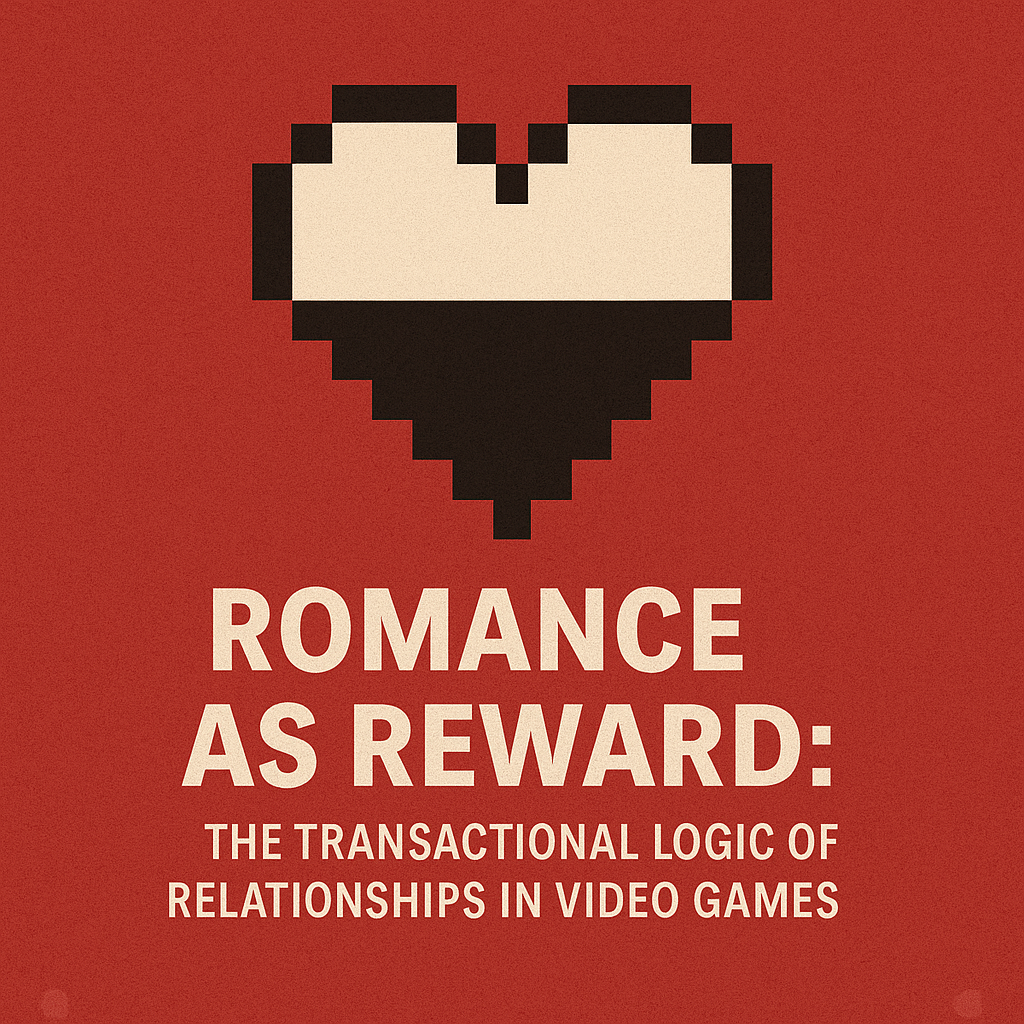The Power of Choice: How Video Games Shape Our Moral Compass
In an era where video games have become a ubiquitous form of entertainment, their impact on players extends beyond mere recreation. These digital experiences often involve complex decision-making processes that can influence a player's moral development. This article explores how video games shape our moral compass, delving into the psychological mechanisms at play and supported by peer-reviewed research.
Video games, through their immersive environments and interactive narratives, have the potential to significantly influence players' moral judgments and behaviors. This essay examines the cognitive and emotional processes involved in moral decision-making in video games and evaluates the broader implications for individual and societal ethics.
Moral Choice in Gaming: An Ethical Dilemma
Video games often place players in scenarios that require ethical decision-making, ranging from simple choices about resource allocation to complex moral dilemmas involving life and death. Games like "Mass Effect" and "The Witcher" series are renowned for their intricate decision trees that lead to diverse outcomes based on the player's moral choices. These scenarios force players to consider the consequences of their actions, much like in real-life ethical situations. Research indicates that repeated exposure to such moral decision-making can influence a player's moral framework (Narvaez, 2008).
Cognitive and Emotional Engagement in Video Games
The immersive nature of video games engages players cognitively and emotionally. Cognitive engagement involves the activation of critical thinking and problem-solving skills as players navigate through complex scenarios. Emotional engagement, on the other hand, involves empathy and emotional responses to the characters and situations within the game. Studies have shown that when players engage with morally charged content, areas of the brain associated with empathy and moral reasoning are activated (Hartmann, Toz, & Brandon, 2010). This engagement can lead to a deeper understanding of ethical principles and their application in various contexts.
The Role of Narrative and Character Development
Narrative and character development play a crucial role in shaping moral judgments in video games. Well-crafted stories and relatable characters can evoke strong emotional responses and foster identification with the characters' struggles and moral choices. Games like "Life is Strange" and "Detroit: Become Human" leverage storytelling to create immersive experiences that challenge players' ethical beliefs and prompt them to reflect on their values. Research by Bachen, Hernández-Ramos, and Raphael (2012) suggests that narratives in video games can enhance moral reasoning by providing players with diverse perspectives and ethical dilemmas.
Empirical Evidence: Studies on Moral Development
Empirical studies provide substantial evidence for the impact of video games on moral development. A study by Grizzard, Tamborini, Lewis, Wang, and Prabhu (2014) found that players who engaged in morally challenging decisions in video games demonstrated increased moral sensitivity and ethical awareness. Another study by Wang, Shen, and Ritterfeld (2009) showed that players of prosocial video games were more likely to exhibit helping behaviors and altruism in real life. These findings highlight the potential of video games as tools for moral education and the development of ethical reasoning skills.
The Broader Implications for Society
The influence of video games on moral development has significant implications for society. As video games become increasingly integrated into educational settings, they offer a unique opportunity to teach ethical principles and foster moral development. Games designed with ethical dilemmas and moral decision-making can serve as powerful tools for educators to engage students in discussions about ethics and morality. Moreover, the widespread popularity of video games means that their potential impact on moral development extends to a broad audience, potentially shaping societal values and ethical norms.
Simply Put
In conclusion, video games hold considerable potential to shape our moral compass through immersive experiences, complex decision-making processes, and compelling narratives. The psychological mechanisms activated during gameplay, such as cognitive engagement and emotional empathy, play a crucial role in influencing moral development. Empirical evidence supports the idea that video games can enhance moral sensitivity and ethical awareness, highlighting their potential as tools for moral education. As we continue to explore the impact of video games on our moral framework, it is essential to consider their broader implications for individual and societal ethics.
References
Bachen, C. M., Hernández-Ramos, P. F., & Raphael, C. (2012). Simulating REAL LIVES: Promoting global empathy and interest in learning through simulation games. Simulation & Gaming, 43(4), 437-460. Simulating REAL LIVES: Promoting global empathy and interest in learning through simulation games. (apa.org)
Grizzard, M., Tamborini, R., Lewis, R. J., Wang, L., & Prabhu, S. (2014). Being bad in a video game can make us more morally sensitive. Cyberpsychology, Behavior, and Social Networking, 17(8), 499-504. Being bad in a video game can make us more morally sensitive - PubMed (nih.gov)
Hartmann, T., Toz, E., & Brandon, M. (2010). Just a game? Unjustified virtual violence produces guilt in empathetic players. Media Psychology, 13(4), 339-363. Just a game? Unjustified virtual violence produces guilt in empathetic players. (apa.org)
Narvaez, D., Lapsley, D, (2008). Moral Identity, Moral Functioning, and the Development of Moral Character. NarvaezLapsleyLearningMotivation.pdf (nd.edu)
Wang, H., Shen, C., & Ritterfeld, U. (2009). Enjoyment of digital games: What makes them seriously fun? In U. Ritterfeld, M. Cody, & P. Vorderer (Eds.), Serious Games: Mechanisms and Effects (pp. 25-47). Routledge. Enjoyment of Digital Games: What Makes Them “Seriously” Fun? | 11 | Se (taylorfrancis.com)









